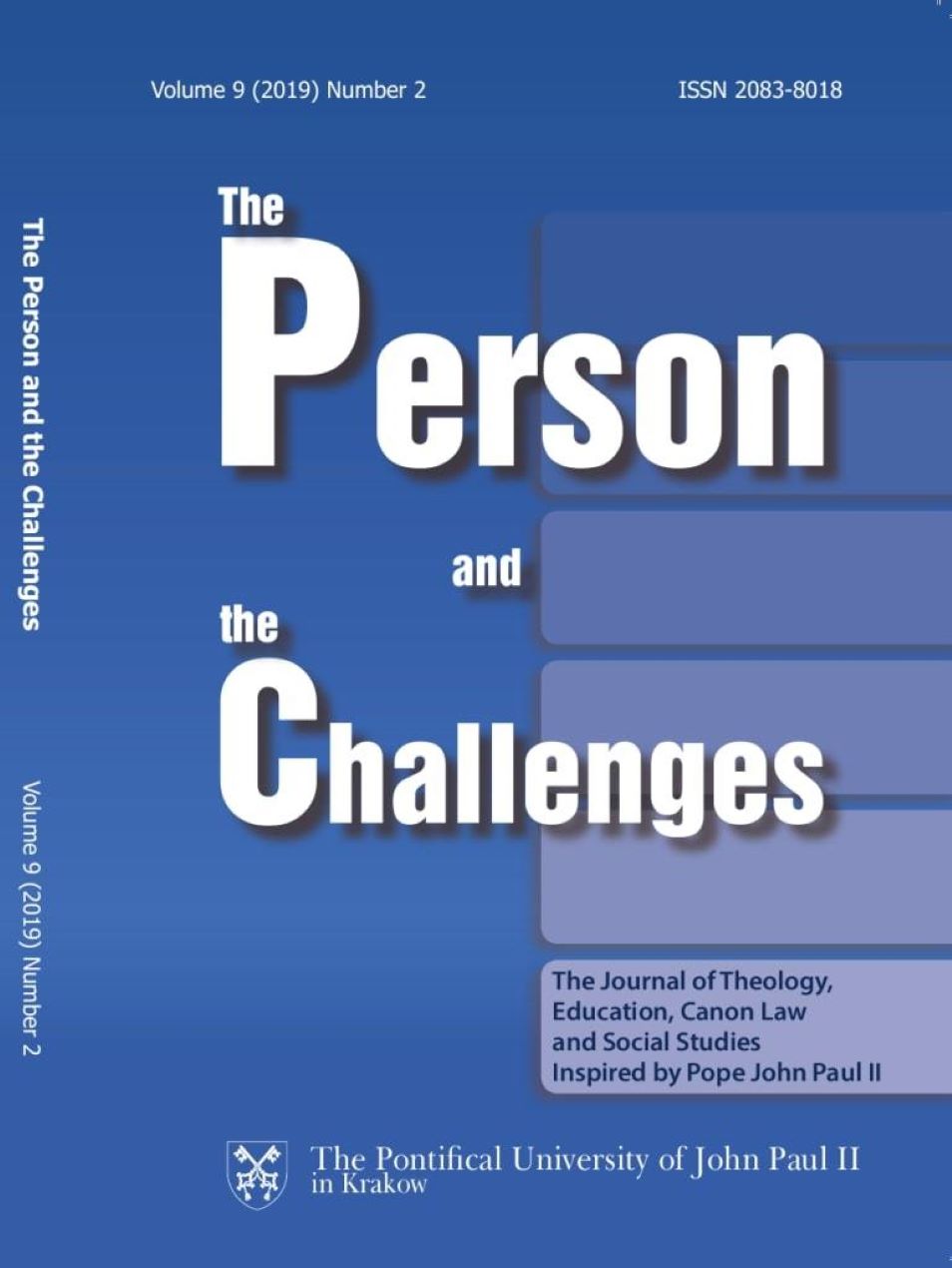The Polish Church and the “Thaw” of 1956
The Polish Church and the “Thaw” of 1956
Author(s): Michal WenklarSubject(s): Christian Theology and Religion, Politics and religion
Published by: Wydawnictwo Naukowe Uniwersytetu Papieskiego Jana Pawła II w Krakowie
Keywords: Catholic Church;Polish People’s Republic;state-church relations;thaw;Stefan Wyszyński;WładysławGomułka
Summary/Abstract: The process of “thaw”, developing in Poland after the death of Joseph Stalin, for a long time did not include the aspect of religious freedom. Demands to restore the possibility of free worship, teaching religious education, and, above all, the release of the Primate Cardinal Stefan Wyszyński, were always present in the society, as evidenced by school strikes or slogans appearing during the Poznań events of June 1956. The changes of October 1956, initiated by the 8th plenary of the Central Committee of the Polish United Workers’ Party, led to an improvement in state-Church relations and implementation of the most important postulates of the Church, including the return of the Primate to Warsaw, the reinstatement of religious education in schools, and the return of chaplains to prisons and hospitals. The authorities, however, did not treat the above as part of a binding agreement. As early as in the 1957 and 1958 activities restricting the functioning of the Church began. The symbolic markings of the process were the attack on the Primate’s Institute at Jasna Góra in 1958 and the withdrawal of consent for the construction of the church in Kraków’s Nowa Huta. Finally, in 1961, religious education was removed from schools, and in 1962 a separate department of the Security Service was established for the sole purpose of the fight against religion. Although the practices of the Stalinist period did not make their comeback, the 1956 thaw appeared to be only a short episode in a constant conflict between the communist state and the Roman Catholic Church.
- Issue Year: 9/2019
- Issue No: 2
- Page Range: 69-90
- Page Count: 22
- Language: English

